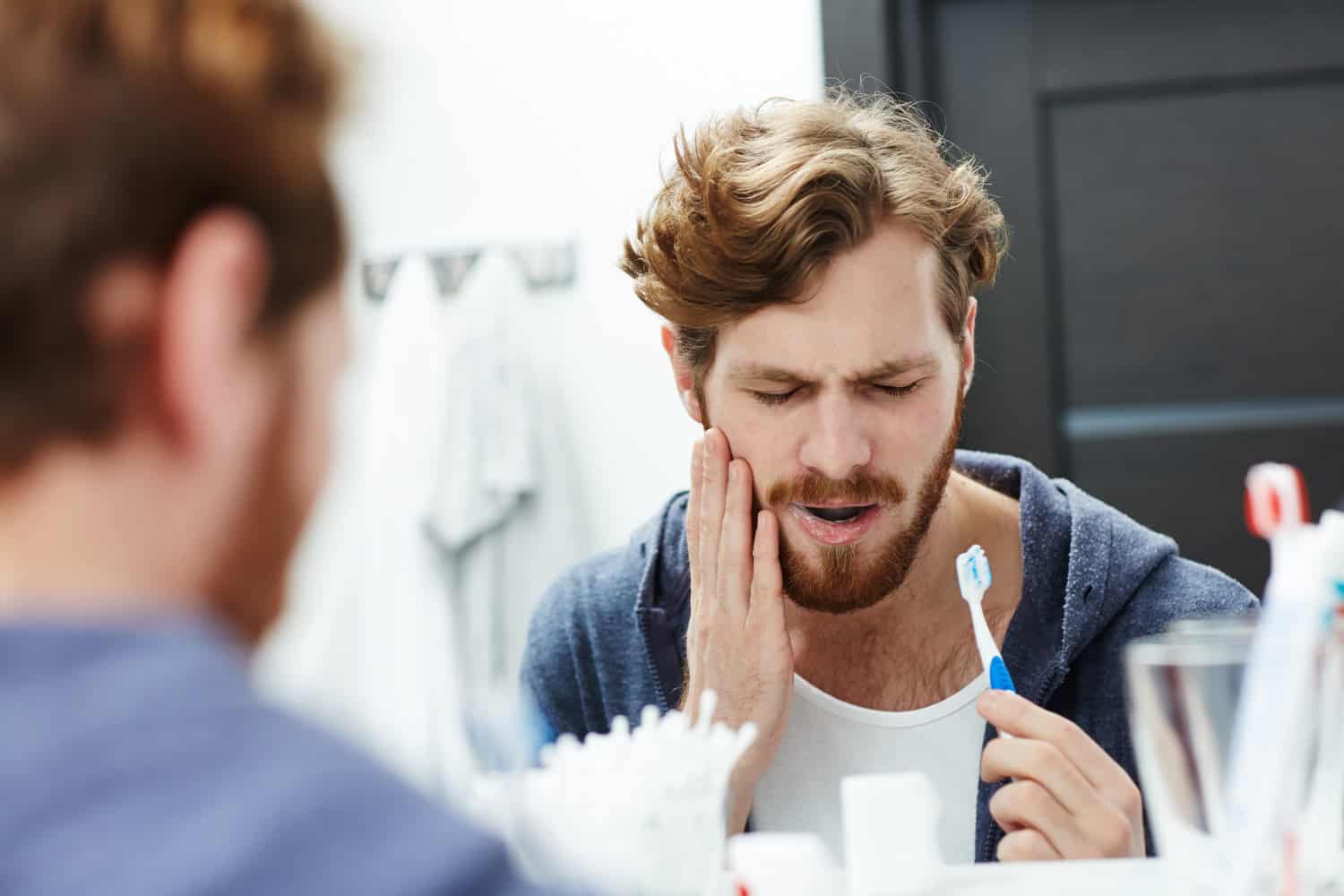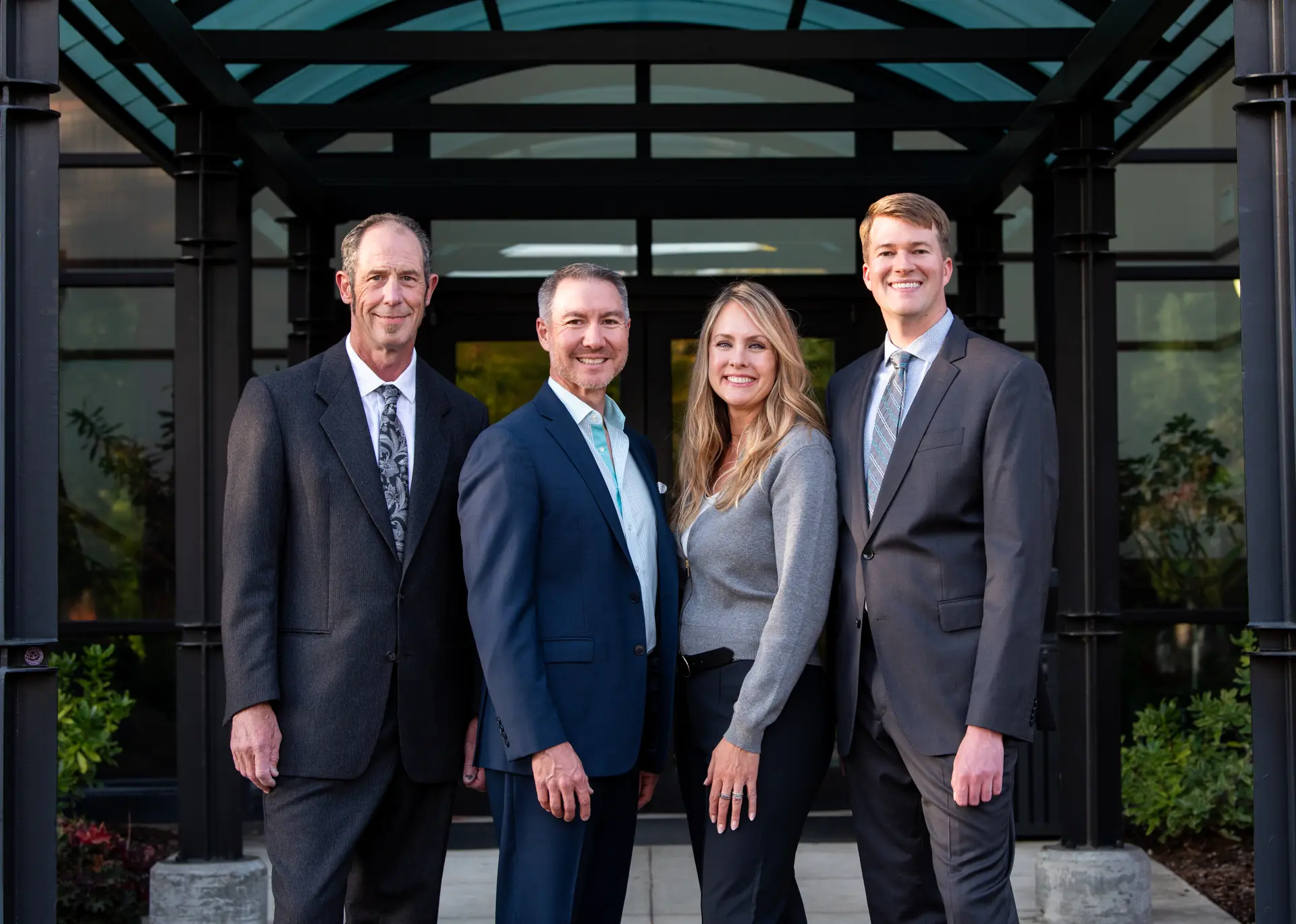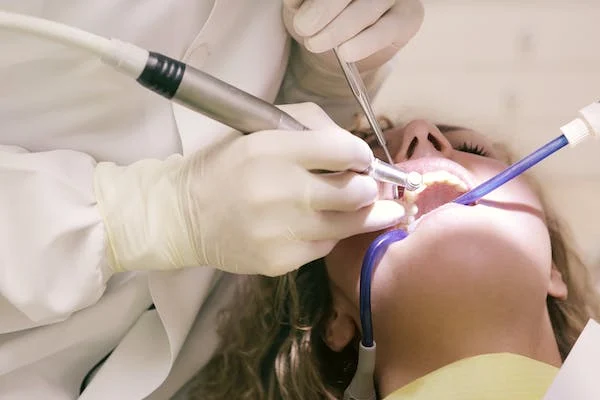There can be many reasons why you may need emergency dental services from your local dentist. For example, perhaps you have a tooth causing you a lot of pain, or maybe you have an infection that makes it difficult for you to eat or speak. Whatever the reason, it is essential to know that there are dentists who can help you in an emergency.
Emergency dental services can help to relieve the pain that you are experiencing and can also help to prevent further damage to your teeth. In addition, if you have an infection, they can prescribe antibiotics to help clear it up. In some cases, they may even be able to save a tooth that has been knocked out.
It’s Vital to Know What to Do in Case of Dental Emergency
There’s a strong chance you know what to do in a medical emergency. You’ll administer some first aid, make a consultation call to your doctor or nurse practitioner, or go to your neighborhood clinic or emergency department. However, what should you do in the event of a dental emergency?
It must be underlined before moving on that you should call 911 immediately if you have any significant injuries that could endanger your life or the lives of others. It is essential to understand dental emergencies and how to respond to them when they arise. Dental emergencies require slightly different first aid techniques than other kinds of medical emergencies, and in these circumstances, who you contact and where you go may differ.
What Constitutes a Dental Emergency?
Most dental emergencies typically result from unintentional impacts like falls or rough sports. However, if there is a hard enough impact, a quick fall or collision can cause teeth to become loose or even fall out. Damage to the jawbone or oral gum tissue is two more potential injuries that collisions may result in.
While an impact that makes teeth feel loose or uncomfortable but does not cause significant pain or tooth loss should be monitored at home until a dentist appointment can be scheduled, it may not be necessary to go to the emergency room. However, an emergency visit is required if the discomfort worsens or lingers, if teeth are lost, or if there is bleeding or tissue damage.
Emergency dental care may also be necessary for cracked or broken teeth, mainly if the root is visible or the crack grows larger. An exposed root should be treated immediately because it might cause the sufferer excruciating agony. To prevent worsening issues, cracked teeth should be replaced or fixed as soon as feasible.
Warning Signs of Other Serious Dental Problems
Other causes of immediate, severe pain or soreness that cannot be explained include dental emergencies. Another indication that you might need an emergency dental consultation is if your toothache persists or worsens over time with no sign of improvement.
Any abrupt and significant changes to your teeth or mouth, including unexplained pain or bleeding from the gums, should be checked out by a dentist immediately because various oral health-related issues could cause them. For instance, gum disease and infections can manifest these symptoms and become fairly serious if left untreated.
We offer oral cancer screening services to detect it early if you have any strange lesions or sores in your mouth that aren’t healing. Oral cancer is another condition that should be examined for.
If you’re unsure what to do, some tools may help you and give you the direction you need to choose the best course of action.
When to Go to the Emergency Room
The best course of action is to go to the emergency room at the closest hospital for injuries that cause a lot of discomfort and for which you cannot visit a dentist for emergency treatment. They’ll be able to bridge the gap until you can get additional treatment from a dentist or dental surgeon by treating your wounds and administering the proper pain management as considered necessary.
Injuries that would require a visit to the emergency room include:
– Bleeding that cannot be stopped
– Swelling in the face or neck
– Pain that cannot be controlled with over-the-counter medication
– Trauma to the head, jaw, or face
– Broken bones in the jaw, mouth, or face
– Knocked-out teeth
If unsure what to do, it is always best to seek professional medical help as soon as possible.
Minimize Risk of Dental Injuries
Sports significantly contribute to dental injury and tooth loss; therefore, knowing how to reduce your risk when partaking in physically demanding activities is crucial.
Get a sports mouthguard first, and always wear it when playing sports or other physically demanding activities. There are inexpensive, off-the-shelf mouthguards that offer essential protection, but for the best security level, you should consider getting a personalized mouthguard.
The precise design of a custom mouthguard ensures security and stability for your teeth’ distinctive location and form. Talk about your dentist about the best mouthguard for the activities you like when you go for your next appointment.
Avoid chewing on complex objects and ice to lower the danger of dental injuries. And be careful with your teeth when opening bottles and other containers.
If you have any questions or concerns about reducing your risk of dental injuries, please don’t hesitate to ask your dentist during your next appointment.
Be cautious and take care.
It is essential to take care of yourself and understand the risks involved in physical activity, just like it is with any other element of your health. Unexpected injuries can happen at any time, so understanding a little bit about what to do in an emergency can help you be ready. But, of course, it’s impossible to foresee when or where an accident will happen.
You now know what to do if you or someone you know encounters a dental emergency, such as a lost tooth or an unexpectedly painful impact, so that prompt and effective care may be provided. Here at Cascade Dental, we are always here to help you in whatever way possible. Thank you for entrusting us with your dental care!




